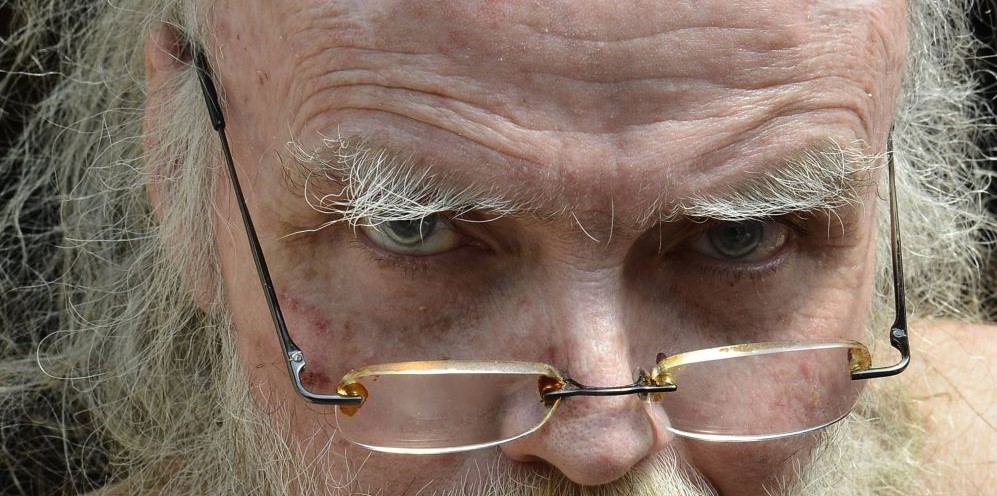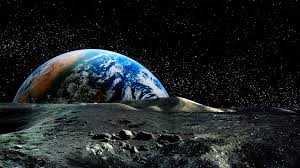Damn right! But not according to the movie and television industries.
With one exception – 2001 A Space Odyssey – every other science fiction film or television series that has come out of America simply beggars credulity.
The fact that the film in question didn’t become just another highly fanciful and therefore totally nonsensicle entertainment, is all down to Stanley Kubrick’s deep respect for Arthur C. Clark. After all, Arthur wrote the book on which the film is based, as well as co-writing the script with Stanley.
Like Arthur, I am a traditionalist. By that I mean that as a science fiction writer, every story I write has to be based in reality. Blame my father for introducing me to him and two other top science fiction writers of the twentieth century, Isaac Asimov and John Wyndham, at a young age. All three authors took great pains to make sure that their stories were believable, based on their scientific backgrounds.
While I’m no scientist, I did work in the School of Science at the University of Waikato in New Zealand for a quarter of a century, rubbing shoulders with chemists, physicists, biologists, earth scientists and many fine artisans like tool and die makers, glassblowers, photographers, cartographers etc, etc. So in my own small way, I try to adopt the same approach to writing science fiction that Arthur, Isaac and John took. It’s called research, if you were wondering…
Click on the cover to got to The Guardian on Amazon.com
Take my latest scifi novella as an example of what I’m talking about. There are no weird and wonderful creatures to be found anywhere in its pages. Only believable characters. As for how they get to and from the Earth, there are no starships as in Star Trek. Only totally feasable computer controlled solar wind powered cargo transporters. The same can be said for the weapons they use. Each one actually exists, even though they are still in development by the US military. Even the two aliens and the guardian itself are totally believable. If you want to get a sense of what I’m on about, maybe you should get your own copy and read it for yourselves.
I seriously doubt The Guardian will ever make it to the plasma or silver screen. Why? just take a look at what is considered to be watchable science fiction these days. It seems to me that every so-called scifi film, and television series made on either side of the pond, is aimed at a collective audience with the combined mental age of a retarded one year old…
😉



Storytellers have always exaggerated things Jack – that’s what makes them so entertaining – besides which, look at how many scientists were drawn to their fields through Sci-Fi books they had read in their youth.
And SOME of the ‘far-fetched’ stuff is now reality 😀
LikeLiked by 1 person
What most fail to see is that what the movie industry calls science fiction, isn’t. At best it’s technological fantasy…
LikeLiked by 1 person
I agree with you Jack, but the more outrageous, the more entertaining it is.
I for one, can distinguish between possible reality and pure fantasy, and I’m sure there are lots of other people who can too.
😀
LikeLiked by 1 person
Don’t even get me started here Chris. To give you and example, for any scifi movie or television series relying on sound effects for engines, or armament fire in the vacuum of space is sheer tripe, when you consider that its an impossibility.
LikeLiked by 1 person
For me, plausibility is the key. Something may currently not be possible, but if the science suggests that developments may make it so, I’m happy to stretch my imagination so far. But, I agree, Jack, many so-called science fiction films rely on special effects rather than a plausible storyline to entertain the filmgoers. But, each to their own. I’d never bother with such stuff, but it clearly has an enthusiastic audience. And that doesn’t go only for science fiction: a good deal of general fiction is treated the same way.
LikeLiked by 1 person
Sad but true…
LikeLike
Reblogged this on Have We Had Help? and commented:
I prefer reality based scifi…
LikeLike
As Asimov himself said, “nothing has to be true, everything has to sound true.” I try to base my Sci-fi in believable facts, once you convince the reader you have a grasp of a reality that they understand, you can bend it and they’ll follow you.
LikeLiked by 1 person